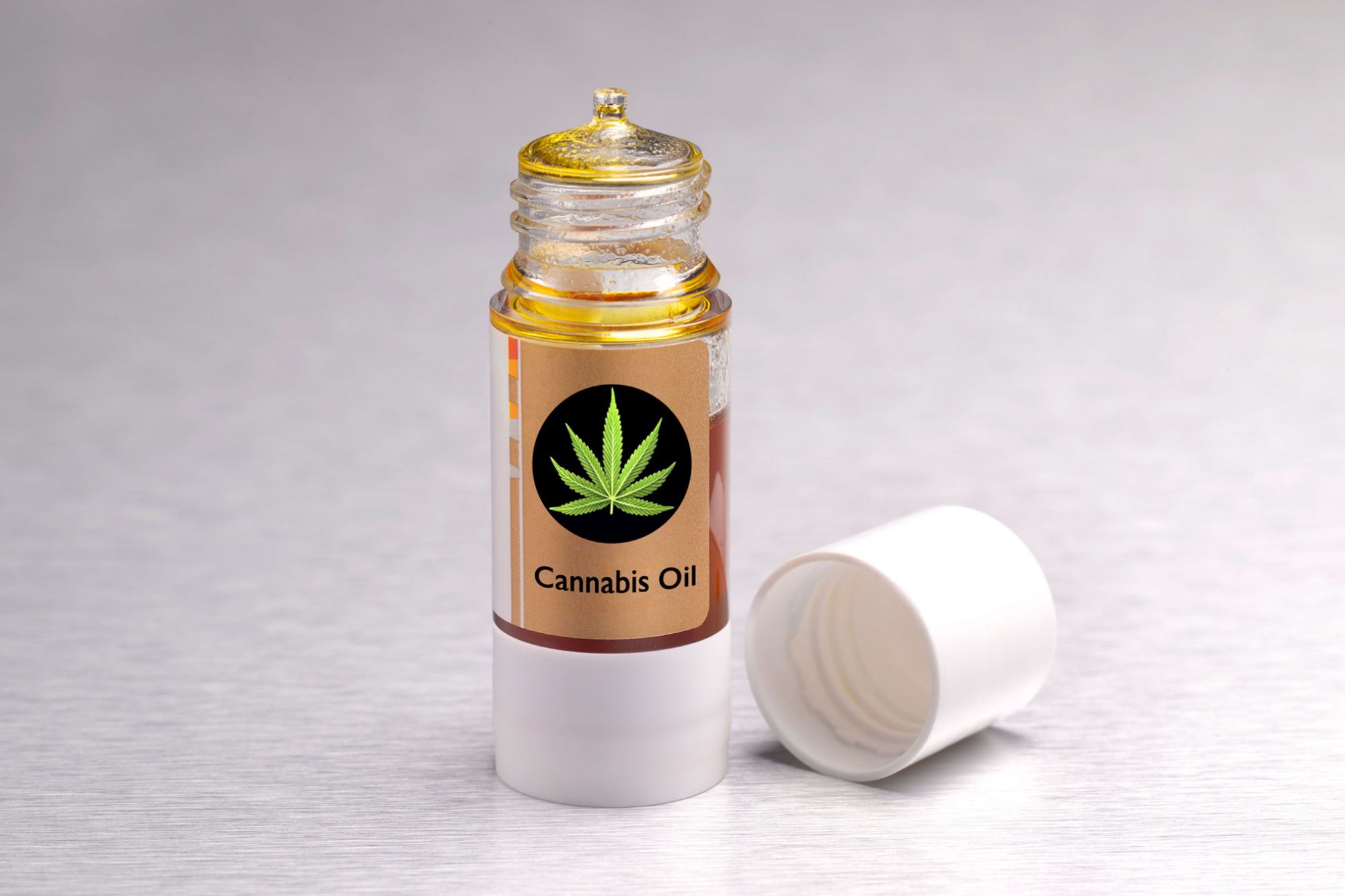
Marketing CBD oil isn’t rocket science — you just need to get a little creative.
5 min read
Opinions expressed by Entrepreneur contributors are their own.
Marketing a brand is hardly a complex venture in the 21st century. With Google ads, Facebook ads and other conventional online and offline tactics, it is hardly something that any entrepreneur is losing sleep over. That is, unless you run a CBD-based business or any hemp-based product.
In spite of the recent boom in the industry, and the legalization of hemp in most of the USA and all of Canada, it turns out that the revolution that is most needed is more a cultural one than a legal one. Hemp is not something that has garnered favorable reviews culturally over the last few decades, and it was a key victim of the war against drugs that started as far back as President Richard Nixon. That’s a lot of cultural bias that still needs overturning before CBD-based products can be fully accepted into the market.
Unfortunately, the cultural bias is not without reason, with many potential consumers still unclear of the beneficial components of cannabidiol (CBD), which leads to challenges the industry faces while trying to market CBD oil. According to Industrial Hemp Farms, of all the seven major strains of Cannabidiols, CBD is ‘the superstar’, with massive discernible benefits for a plethora of diseases, which makes CBD oil a very viable product with a massive potential market.
As challenging as it is to market a CBD oil, it is not all doom and gloom, as there is still a lot businesses can do to get CBD products into the hands of those who need it most. Here are a few tips on how to get started.
RELATED: How To Finesse FDA Regulations And Successfully Market Your CBD Business
Have A Physical Address
Many CBD businesses run only as e-commerce businesses. But to accelerate and fill the funnel faster, a physical location is necessary.
A physical location does not necessarily mean a display shop for oils, but rather somewhere consumers can come and have questions answered. A doctor’s office, an addiction clinic, a pet store, a pharmacy, or a pain clinic would suffice.
The reason is simple; CBD oil and its uses are still clouded in mystery for many of the users and potential users, so they often feel far better buying from a place that screams professionalism and where they can interact with physical professionals who can help answer their plethora of questions.
Content Marketing
Content marketing is important for the same reasons that having a physical location is important: Information. The dearth of knowledge about CBD oil and its various uses necessitates content marketing for any serious CBD company.
One brand committed to a content marketing strategy is RoyalCBD, with its voracious investment into educating consumers making it become a go-to spot for information on all things CBD. The brand’s beginner’s guide to CBD oil is a prime example of content that is well presented and educational.
As brands build legitimacy and authority with an audience, it is only natural that sales increase, as customers often purchase from those to be considered experts in the relevant field.
RELATED: 4 CBD Market Trends All Entrepreneurs Should Be Aware Of
Use Lead Magnets And E-mail Marketing
While building a robust content marketing strategy and informative blog, it may be wise to offer lead magnets to site visitors in exchange for an e-mail. Lead magnets are incentives brands offer to consumers in exchange for an email address or other contact information.
For example, a lead magnet like a PDF on “How To Beat Post Work Body Pain” offers real value to readers, and can be marketed through Facebook and Google ads — so long as there is no direct mention of CBD or its ability to treat anything in the sales copy.
Additionally, a brand may begin a full-blown e-mail marketing campaign, which is still a very effective marketing strategy, given that the mailbox is the second-most visited place after Instagram for most internet users. Implementing a CBD education-focused newsletter filled with relevant blog content, product reviews and new product announcements is still a great way to drive CBD curious consumers to a website and e-store.
RELATED: How To Start And Market Your CBD Company
Use Social Media Wisely
Although CBD products land smack dab in the center of anti-drug policy at Facebook, Google and YouTube, there is no prohibition on brands to maintain a social media presence. That means every CBD brand should still have a social presence — just know the rules.
Running generic ads is OK, just as long as copy and images do not expressly reference CBD or its ability to “treat” anything. To do this, develop the brand story around a targeted audience, and share important information relevant to them.
Incluencers are another popular way for marketing CBD oil. However, when picking influencers, consider more than just the number of followers he or she has. Some influencer marketing can feel disjointed to audiences because the influencer’s niche doesn’t quite align with the CBD product. For CBD oils, athletes, yoga and fitness instructors, as well as wellness experts are an ideal fit.
Marketing CBD oils over other products may be tedious, but with a little creativity, the right tools, and the knowledge about legalities, any brand can be successful in doing it.
https://www.greenentrepreneur.com/article/340084

